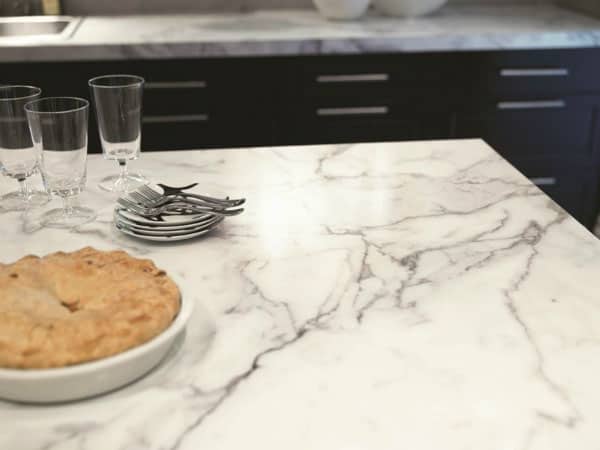If you are considering revamping your kitchen, choosing a natural stone is a great choice. Not only do they scream luxury, but they are worth the price as well. Some people think natural materials like marble, granite, quartz, etc., are disadvantageous to a home’s decor as artificial materials have a wider range of colors and patterns. However, that is not the case.
Many natural stones are available in a number of designs and colors that make your home look stunning to anyone who enters the premises. comptoirs Entrepot Cuisine made of marble and granite are both great options. However, picking only one can be a challenge. Read the blog to find out their differences.
Understanding the difference between marble and granite countertops
- Appearance.
Marble countertops come at a very high price point in the market due to their attractive appearance. It has a consistent blue, pink, cream, or gray color with marble veins running through it. These veins are often a result of impurities like iron oxide.
However, granite countertops have a different appearance than marble. They also are available in a variety of colors created by fickling of mica, silica, quartz, etc., throughout the stone, which are created organically during the formation of the rock.
Both the stones look attractive. You can choose any of them that you think fits your home’s aesthetics.
- Installation.
Whether it is a granite countertop or a marble countertop, the process of installation for both materials is the same. A template is transferred to a slab, which is then cut to fit and finished. With the help of a silicon adhesive, these slabs are set and secured in place.
You need to make cuts for sinks and faucets, and the materials of both stones are really tough. Therefore, it is recommended that the work be done by a professional.
- Hardness and durability.
Granite countertops are more tough and durable than marble countertops. Therefore, it is more resistant to any chips or scratches. Both materials are highly resistant to heat. However, caution should always be taken while putting hot vessels or pots on these countertops.
You need to seal both the materials every one or two years to get the best of their durability. If you fail to replace the seal in time, these stones can easily get marred by juice, oil, or any acidic substance.
- Maintenance.
Every stone has its own level of maintenance. Therefore, you should remain vigilant to the conditions of your bathroom or kitchen countertops. When compared to marble, granite is much more durable and requires lower maintenance.
Granite should be sealed properly after the installation process, and you need to reseal the material once every year to make sure the surface remains intact. However, marble countertops require regular and thorough protection with sealants made especially for porous surfaces.

